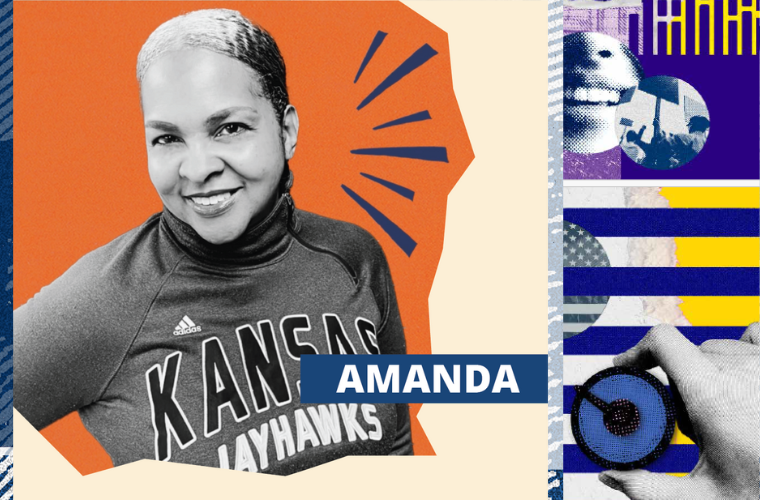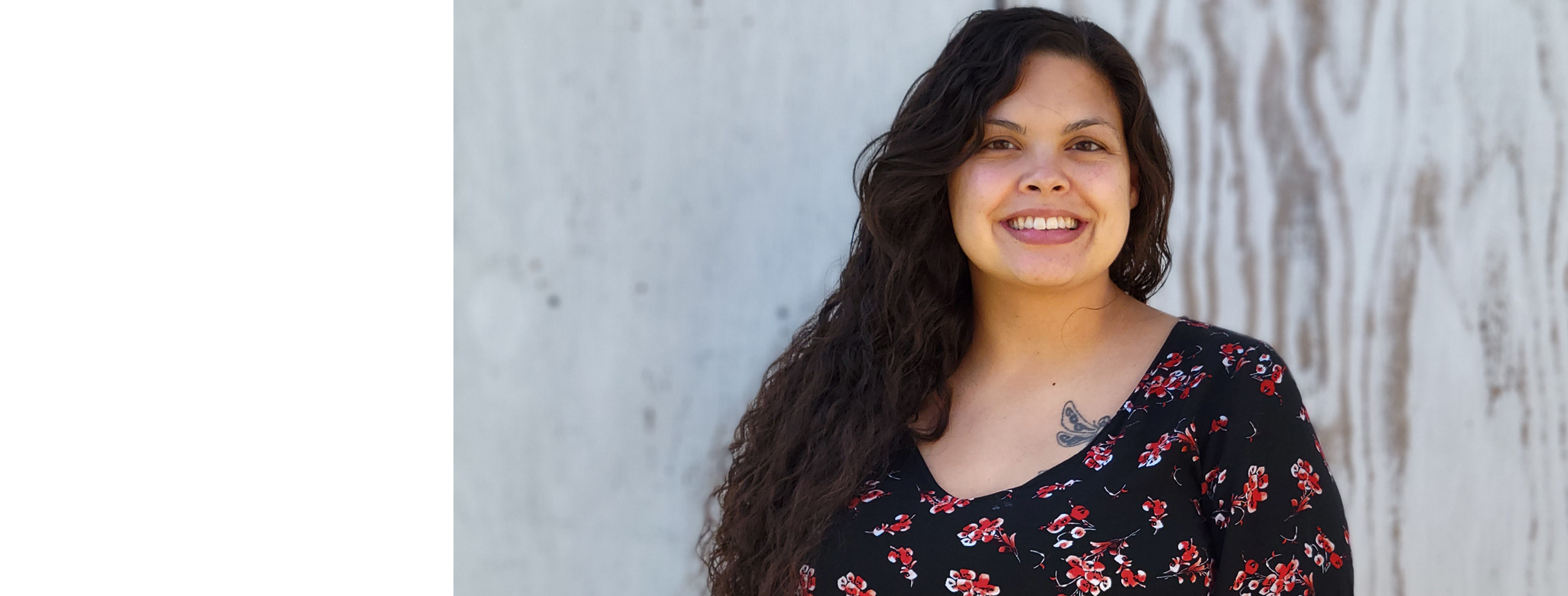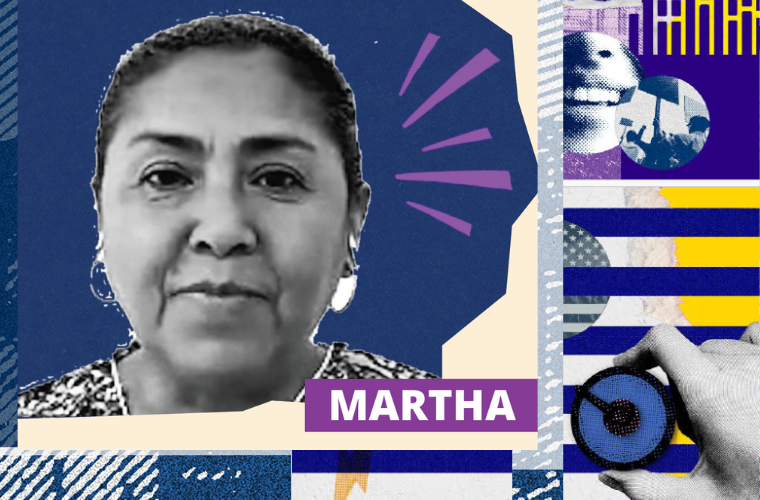

After pregnancy discrimination & racism, “it was a breath of fresh air to have someone fighting with me and not against me.”
Valerie Butterbredt experienced pregnancy discrimination in her Master’s in Social Work program, as well as the impacts of institutionalized racism from the foundation that funded her scholarship.
Watch Valerie share her story in a short video, or read her story in Indian Country Today, below.
Cross-posted from Indian Country Today.
Foundation recruits Native students, then mistreats them
When I started my master’s in social work at Washington University in Saint Louis, I didn’t tell anyone I was pregnant. I was worried I would be treated differently or not taken seriously as a student. I didn’t realize how correct I was. Not only was I treated differently; I was actively punished for choosing to become a parent.
I was recruited to pursue my master’s at Washington University in Saint Louis with the promise of a full scholarship from the Kathryn M. Buder Center Foundation. Specifically, my program was the Masters in Social Work with a concentration in American Indian and Alaskan Native studies.
The Buder Center scholarship program recruits Native people from across the country—including myself from the Bishop Paiute tribe in California—positioning itself as a supportive, community-centered program for Native students.
But my experience was the opposite. When I arrived in Saint Louis, Missouri in the fall of 2018, I found a program—funded by a non-Native foundation—that uproots Native people from their communities by offering them a full ride, and then uses the scholarship as a kind of blackmail against us if we can’t meet the foundation’s unfair, undisclosed standards.
I was pregnant, isolated, and trapped.
Pregnancy discrimination
Shortly after announcing my pregnancy, the Buder Foundation and my peers began to treat me negatively. It was as though my pregnancy immediately made me less valuable to them.
I was no longer taken as seriously as a student, or in my elected position as a powwow co-chair through the University’s Leadership in Indian Country class. I suddenly stopped receiving as many communications from the Buder Foundation regarding my co-chair position, which led to unavoidable mistakes in my responsibilities.
My experience of being pregnant while in this program was so traumatic that I actually lost weight throughout my pregnancy instead of gaining it.
“I was pregnant, isolated, and trapped. I was essentially pushed out of my professional education program.”
I eventually resigned from the volunteer position of powwow co-chair because the mistreatment-induced stress was bad for my health. But I was told afterward that resignation would mean losing a portion of my scholarship.
I retracted the resignation, with acknowledgment of my faults, but that wasn’t enough. The position was pulled from me anyway, citing “unprofessional conduct,” and I lost a portion of my scholarship. I thought I had the right to step down from a voluntary position without being financially punished, but I was wrong.
That was the first time the Buder Foundation used my scholarship to financially punish me. They did it again when I took a one-year leave of absence after giving birth to my daughter. Despite being reassured twice through formal letters that my scholarship would be available for me to return in August 2020 to complete my degree, I received a shocking letter in June 2020 informing me that my scholarship was, in fact, being revoked.
Unfair Treatment of AI/AN Students
Fortunately, Washington University in Saint Louis promised to fund me with their own scholarship after learning about my predicament from a post I had made on the Brown School for Social Work Facebook page.
Although the university did not pay the living stipend I was promised through the Buder Scholarship, I consider myself lucky.
Other students have been saddled with a lifetime of debt if they couldn’t complete their degree for some reason. If they decide to leave due to a lack of supportive community, or can’t stick to the foundation’s strict timeline (like me), they are then informed that they will have to pay their scholarship back in full.
For me, that would have been about $60,000.
“It was a breath of fresh air to have someone [at ERA] fighting with me and not against me. You can accomplish a lot with the support of individuals fighting for your rights.”
I never would have accepted the scholarship if I knew how many dangerous strings were attached. I assumed that a social work program with a scholarship funded by a nonprofit foundation would treat its student recipients with basic human decency. I was wrong.
“We must advocate for increased and more accessible resources for pregnant women, both those in the workforce, and those pursuing degrees. The success of our communities depends on it.”
Stay Connected & Take Action
- Get the Latest News & Information Sign up for Email Updates
- Sign Up for Action Alerts Join the Action Team
- Follow Us


